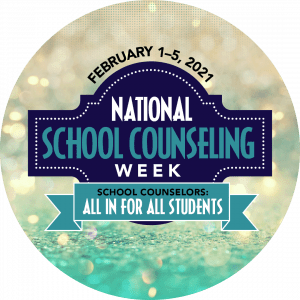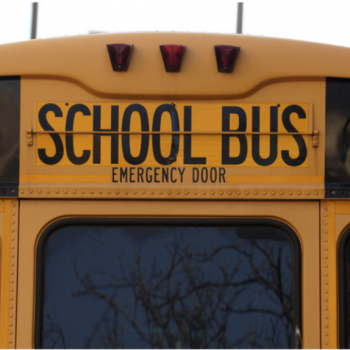 Parents, when was the last time you thanked your child’s school counselors for their service? This week (February 1–5, 2021) schools across America celebrate National School Counseling Week (NSCW), which highlights the tremendous impact school counselors have within U.S. school systems. Part of their unique contribution to our education system involves helping our children achieve school success and plan for a career.
Parents, when was the last time you thanked your child’s school counselors for their service? This week (February 1–5, 2021) schools across America celebrate National School Counseling Week (NSCW), which highlights the tremendous impact school counselors have within U.S. school systems. Part of their unique contribution to our education system involves helping our children achieve school success and plan for a career.
Beyond academic guidance, however, counselors also provide students necessary support for emotional and social crises. When mom and dad are divorcing, a school counselor provides a sympathetic ear and safe harbor. When friendships implode, the counselor listens and guides. When tragedy strikes, it’s the counselors, again, on the scene, organizing the school’s response, meeting with survivors, families, teachers. They absorb the cries, tears, and questions after a classmate dies. They manage the aftershocks that ripple through a community. School counselors are the invisible glue of a district or campus—behind the scenes, they hold it all together.
Over time, the tragedies, suffering, and constant managing of extreme emotions build up, sometimes overwhelming the counselors themselves. They are, after all, only human.
What follows is a reflection written by Ashley Ward, LPC, a long-time school crisis counselor currently serving as District Coordinator of Counseling in a Texas public school district. I have not edited her words. They were pounded out after a particularly tragic event, a cathartic outlet to process her emotions. After you’ve read her essay (it’s not long), I hope you parents take a moment to send your own child’s school counselor(s) a note of gratitude. And when you hear about the next school shooting or youth suicide or natural disaster, say a prayer for the counselors, too.












